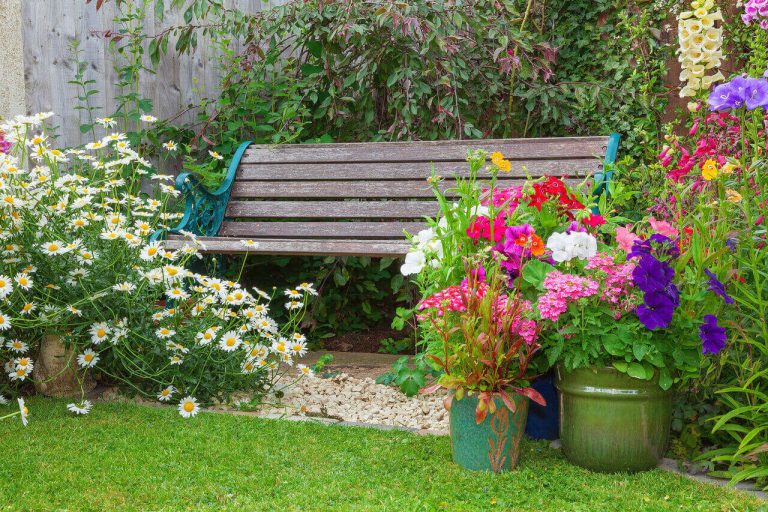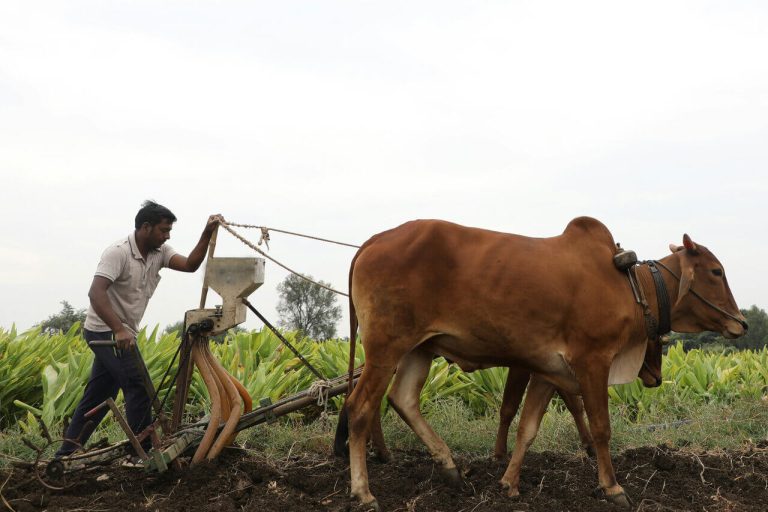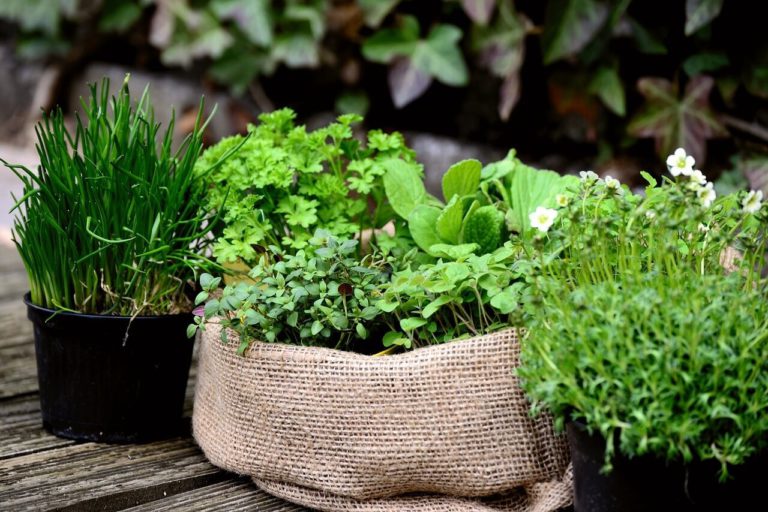Improve Brain Function by Growing Your Own Vegetables
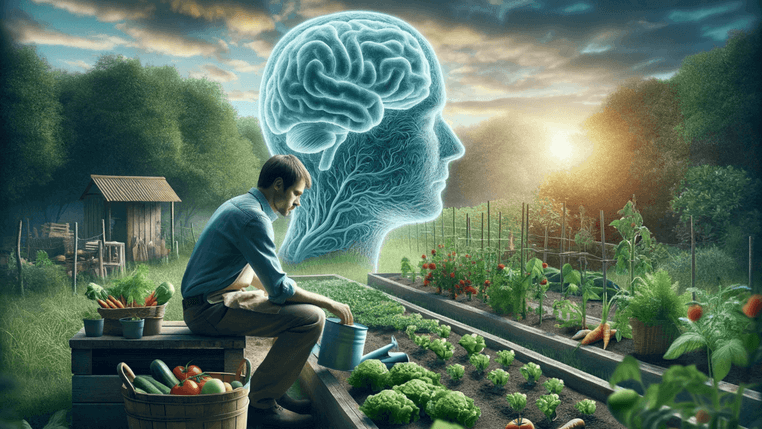
Have you ever thought about how to improve brain function? What if you knew that cognitive decline could begin as early as your late 20s and early 30s? It’s true!
A University of Virginia study published in 2009 discovered that some cognitive performances peaked at the age of 22.
It went on to state, “a notable decline in certain measures of abstract reasoning, brain speed and in puzzle-solving became apparent at 27.”
Considering the life expectancy age in the U.S. is just shy of 80, that’s a lot of years to live with decreased brain function.
But there’s good news here: We can improve our brain’s function based on our life choices. We can actually control how smart we become!
Nutrition is the very basic foundation of all health, including brain health. Making wise choices in what foods to eat not only helps your body stay healthy and trim but also helps improve your brain function.
Do you suffer from brain fog and have a hard time concentrating at work? Combat those problems by looking at the foods you eat every day.
Add these Superfoods to Your Diet to Improve Brain Function
Simply adding these superfoods while still relying on packaged foods for your meals won’t achieve maximum results but if you’re one who needs to make one change at a time so as not to get overwhelmed, then start here.
Dark leafy greens such as kale, spinach, and Swiss chard all contain vitamin K, lutein, folate, and beta-carotene. These combat inflammation, improve brain function and reduce neurodegeneration. If you’re not a fan of salads, adopt the habit of drinking a green smoothie daily for breakfast.
Berries especially blueberries contain antioxidants and phytochemicals which have been shown to improve cognitive function. When you’re craving something sweet, reach for some blueberries instead of sugar-filled snacks, or add a serving of blueberries to sweeten your green smoothie.
Avocados provide your brain with the healthy fats to function and are also filled with monounsaturated fats. They are important to your overall health because they help balance your LDL/HDL cholesterol ratio, which in turn increases the blood flow to your brain and reduces the risk of stroke. Add some avocado to your salads or make homemade guacamole.
Cauliflower and broccoli are both filled with choline, which helps prevent memory loss and cognitive decline as we age. Check out Pinterest for simple yet tasty ways to prepare these two veggies or add some raw pieces to your salads.
Turmeric is a yellow spice often used in Indian foods. It is a potent anti-inflammatory which can also help improve memory. Its main compound, curcumin, is thought to increase the presence of BDNF, a growth hormone in the brain. Alzheimer’s disease and other brain disorders are linked to decreased levels of this hormone. Add turmeric to your food or take a supplement daily.
Ditch the Packaged Foods to Improve Brain Function
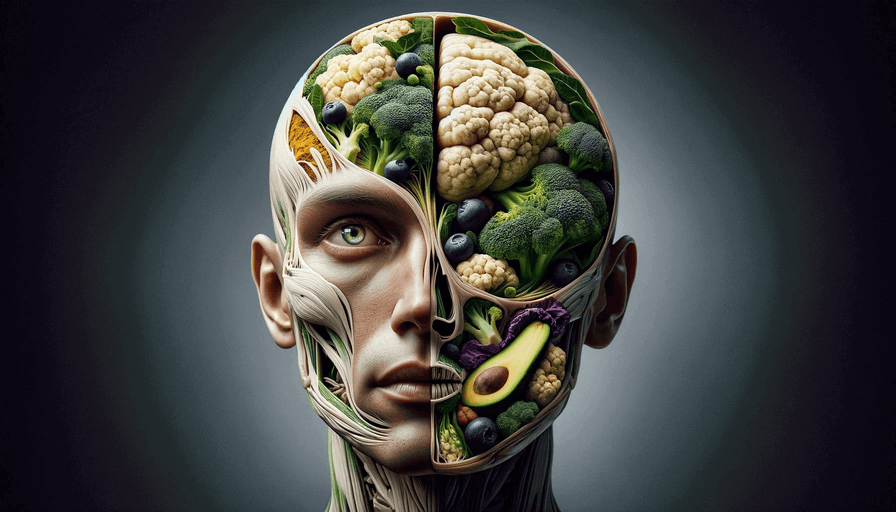
As you work your way through trying these superfoods, also work on avoiding any foods that come in a package. It definitely takes a shift in mindset but everything you need to make simple, healthy meals is found in the outer aisles of the supermarket.
The one exception is frozen fruits and veggies. These are healthy options provided there’s no added sugar.
Your body doesn’t know how to properly digest and eliminate these packaged chemicals and preservatives so why run the risk of building up this toxic load which might affect your brain?
Commonly Asked Questions About How Growing Vegetables is Healthy
How does vegetable gardening improve physical health?
Gardening is a moderate form of exercise that has been shown to aid in cardiovascular health, retaining muscle strength, and endurance. Growing vegetables promotes a healthy diet by providing fresh, nutritious veggies full of vitamins and minerals. Spending time in an outdoor garden offers exposure to sunlight which is necessary for us to absorb vitamin D, which helps to reduce stress.
Can gardening really impact mental health?
Spending time in nature reduces cortisol levels and promotes a sense of peace and mindfulness. This helps to combat anxiety and depression. Tending to plants and watching them grow can boost self-esteem and provide a sense of accomplishment.
What are the easiest vegetables to grow for beginners?
Many vegetables are easy to grow and make good choices for beginner gardeners. Leafy greens are fast to grow and can survive in partial shade. Radishes are the fastest-growing veggie and can be ready to harvest in three to four weeks. Green beans can be grown both indoors and outdoors and provide a plentiful and continuous harvest. Zucchini is a prolific producer that requires a bit more space. Carrots, green beans, bell peppers, and cucumbers are also good for beginners although they each have specific requirements to produce well. Herbs are great for beginners and can be grown in a variety of situations.
How much time do I need to dedicate to a vegetable garden to see health benefits?
Depending on the size of the garden your time commitment will vary. A small container garden, once planted, should only need watering and weeding, which might take an hour. The bigger the garden, the more time required. The moderate physical activity required to maintain a garden can be beneficial to your health. Additionally, the mental health benefits, such as stress reduction and a sense of accomplishment, can be experienced even with limited, consistent engagement in gardening activities.
Are there health benefits to growing organic vegetables?
Organic vegetables contain a higher level of nutrients and antioxidants compared to conventionally grown vegetables. Since organic gardening does not utilize pesticides, exposure to chemicals is non-existent and environmentally friendly.
What if I don’t have a lot of space? Can I still grow vegetables?
Yes! Vegetables can grow in small spaces utilizing containers, hanging baskets, and vertically by using trellises. Consider herbs, leafy greens, and radishes because they require less space. Compact or dwarf varieties of green beans, carrots, tomatoes, and peppers can be grown in containers or small garden beds.
How can I ensure that my garden is environmentally sustainable?
Choose organic gardening practices to create an environmentally sustainable garden. Organic practices avoid chemical pesticides and fertilizers and instead use natural compost. Water may be conserved by harvesting rainwater and using drip irrigation to place water only where it will benefit plant growth.
What are some simple and healthy recipes using garden vegetables?
Incorporating fresh, seasonal vegetables into salads, stir-fries, and vegetable soups provides healthy and nutritious meals. Popular choices include tomatoes, zucchini, peppers, and leafy greens. Herbs enhance flavor when added to smoothies, pasta dishes, and even grilled vegetables.
How do seasonal changes affect vegetable gardening and its health benefits?
Different vegetables thrive in varying climates and temperatures. This means vegetables need to be planted at different times of the year to ensure they grow and yield a good harvest. Cooler seasons are best for growing leafy greens and root vegetables, which boost your diet with essential nutrients and vitamins during those months. On the other hand, warmer seasons are best for fruiting vegetables like tomatoes and cucumbers which offer a rich source of antioxidants and hydration that is vital for summer health.
Can gardening help with specific health issues like heart disease or diabetes?
Absolutely! Gardening requires digging and planting which are forms of physical activity. This exercise promotes cardiovascular health and can also help with weight management, which is key when managing heart disease and diabetes. Having access to fresh, home-grown vegetables helps to encourage a healthier diet, which is crucial to control blood sugar levels and maintain heart health.
Kim Nelson began growing vegetables as a child with her grandmother and parents. She is a certified Master Gardener in Texas and previously in Colorado.


